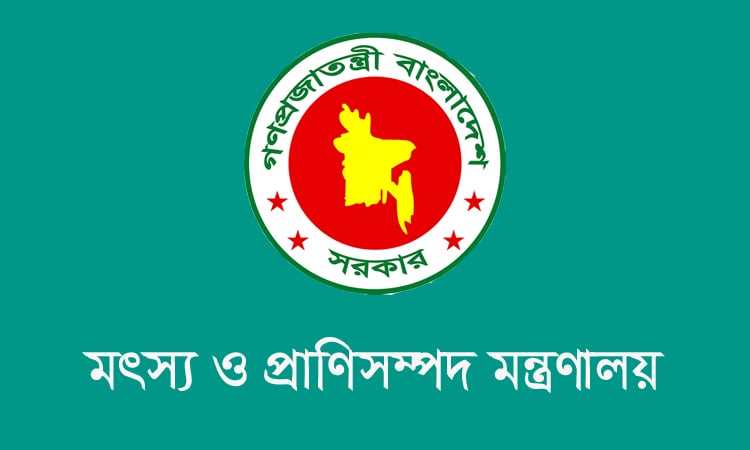News Flash

DHAKA, August 26, 2025 (BSS) - The Ministry of Fisheries and Livestock has clearly and unequivocally rejected recent media reports, suggesting that beef will be imported from Brazil at Tk 120 per kilogram.
In a statement, issued today, the ministry confirmed that no decision has been made to import beef from Brazil or any other country. It said that such claims are entirely false, misleading, and lack any factual basis.
The ministry said that the spread of unverified and false information could cause unnecessary confusion among consumers and the public. So, citizens are urged not to be influenced by this type of misinformation.
The statement said that Bangladesh's livestock sector is not limited to meat production alone, it plays a significant role in women's empowerment, self-employment, poverty alleviation, and the overall economic growth of the country.
Around 1.5 million marginal farmers and over 600,000 seasonal farmers raise cattle for Qurbani (Eid sacrifice) and sustain their livelihoods through this practice.
The demand for sacrificial animals during Eid has been met entirely from domestic sources.
The Department of Livestock Services (DLS) continues to provide training to marginal and small-scale farmers, distributes production inputs, ensures market linkage, and develops the value chain.
Simultaneously, initiatives are being taken to enhance sustainability and productivity through the genetic improvement of local breeds, balanced feed management, vaccination programs, and expansion of veterinary care.
It said that meat is a highly perishable animal product. To maintain its quality and safety, an effective cold chain infrastructure is essential from processing to the consumer level.
Bangladesh currently lacks adequate international-standard frozen meat storage and transportation systems. The weakness of the cold chain can compromise meat quality, posing serious risks to public health and food security.
Bangladesh adheres to the rules and principles of the World Trade Organization (WTO). However, under the Sanitary and Phytosanitary (SPS) and Technical Barriers to Trade (TBT) agreements of the WTO, a country may impose reasonable and scientifically justified conditions in the interest of public health, food safety, animal health, and environmental protection.
The statement said that through significant investments by local farmers and entrepreneurs, the use of modern technologies, and policy support from the government, Bangladesh has reached a self-sufficient level in meat production. The government has already initiated the process of establishing disease-free zones to make the sector export-oriented.
Under such circumstances, it noted, importing meat from abroad would disrupt the development of the livestock sector. Additionally, there is a potential risk of introducing infectious agents such as Foot and Mouth Disease (FMD), Lumpy Skin Disease (LSD), PPR, Anthrax, BSE, Avian Influenza, Tuberculosis, Brucellosis, as well as Salmonella and E. coli into the country, which could pose serious threats to both public and animal health.
The statement said that the government remains firmly committed to the development of the livestock sector, protecting the interests of local farmers, and ensuring the public has access to safe and quality meat.
At this time, the government has not made any decision to import meat from foreign sources, it added.